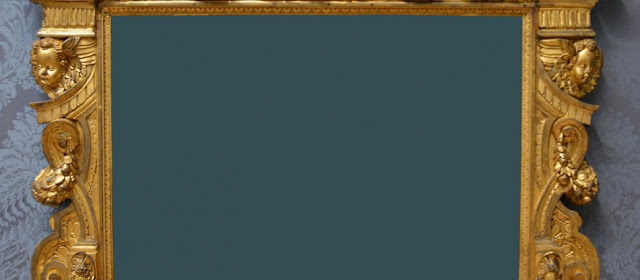By Pastor Aldo Leon - Posted at Place for Truth:
Part One
Published April 18, 2023
Recently, I was part of a floor examination in presbytery and heard a very common exception taken to the WCF concerning the use of images as it pertains to the second commandment, that being, images are the books of the unlearned (or little children). I challenged and made the claim that such an exception should not be because it strikes at the heart of our system of doctrine. Meaning that an exception to the second commandment as it pertains to images is something that is connected to the whole doctrinal system of reformed confessionalism and therefore should not be an accepted exception for ordination and or licensure. Let me lay out a case for you as to why I believe this is so. I will unpack this in three separate articles where in the first two I will lay the groundwork for my claim and in the last I will answer the objections to this claim and offer some conclusions.First, the exception goes against scripture (Exodus 20:4). Furthermore, the making of images as how to worship God was a capital offense as can be seen by the Golden Calf incident and various others.
Second, the exception goes against the explicit language of the Westminster standards in multiple places of the Standards. This can be seen in Question 109 which states, “What are the sins forbidden in the second commandment? Answer:
The sins forbidden in the second commandment are, all devising, counseling, commanding, using, and anywise approving, any religious worship not instituted by God himself; tolerating a false religion; the making any representation of God, of all or of any of the three persons, either inwardly in our mind, or outwardly in any kind of image or likeness of any creature whatsoever; all worshipping of it, or God in it or by it; the making of any representation of false gods, and all worship of them, or service belonging to them, all superstitious devices, corrupting the worship of God, adding to it, or taking from it, whether invented and taken up of ourselves, or received by tradition from others, though under the title of antiquity, custom, devotion, good intent, or any other pretense whatsoever; selling blessings; sacrilege; all neglect, contempt, hindering, and opposing the worship and ordinances which God has appointed.
